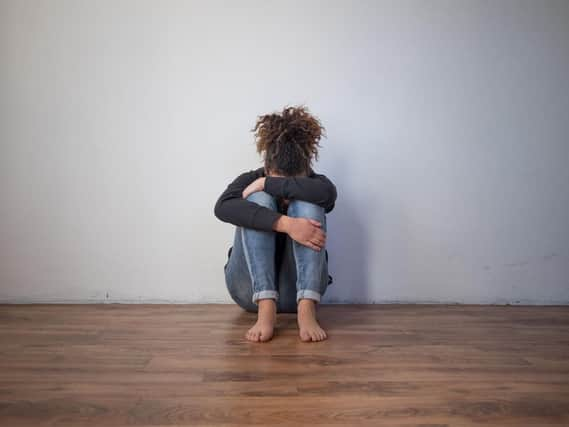Antidepressant prescriptions for Doncaster residents rise in three years


Figures from the NHS show that antidepressant prescriptions in Doncaster clinical commissioning group (CCG) went up by 16 per cent from 2014-15 to 2017-18, the latest period with updated data. Over that period, the number of registered patients in the area hardly varied, rising by 2.5 per cent. Professor Helen Stokes-Lampard, chair of the Royal College of GPs, said this trend should not be automatically seen as a bad thing and may indicate that more patients feel able to disclose mental health problems and seek medical care. She added: "Antidepressants are of proven benefit for many patients, but no patient wants to be reliant on any medication long-term, and where possible we will explore alternatives, such as talking therapies. However, there is a severe lack of these services in the community. "When GPs do prescribe antidepressants, it will have been after a full and frank discussion with the patients based on their unique circumstance.' The data did also reveal, however, that the rise has been at a slower pace than the average increase for England, where it rose by 18 per cent since 2014-15. A study published in the British Journal of Psychiatry in 2015 revealed the UK had the fourth-most medicalised population in Europe in relation to antidepressants intake, behind only Portugal, Lithuania and Malta. According to the study, nine per cent of Britons had taken antidepressants at least once in that year.
Â